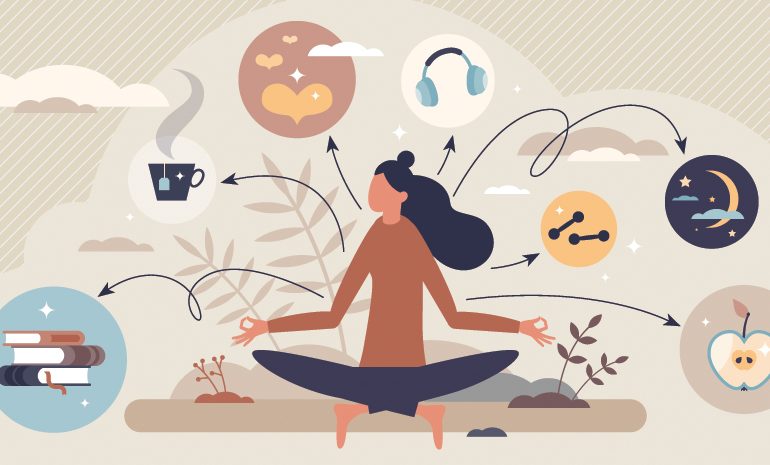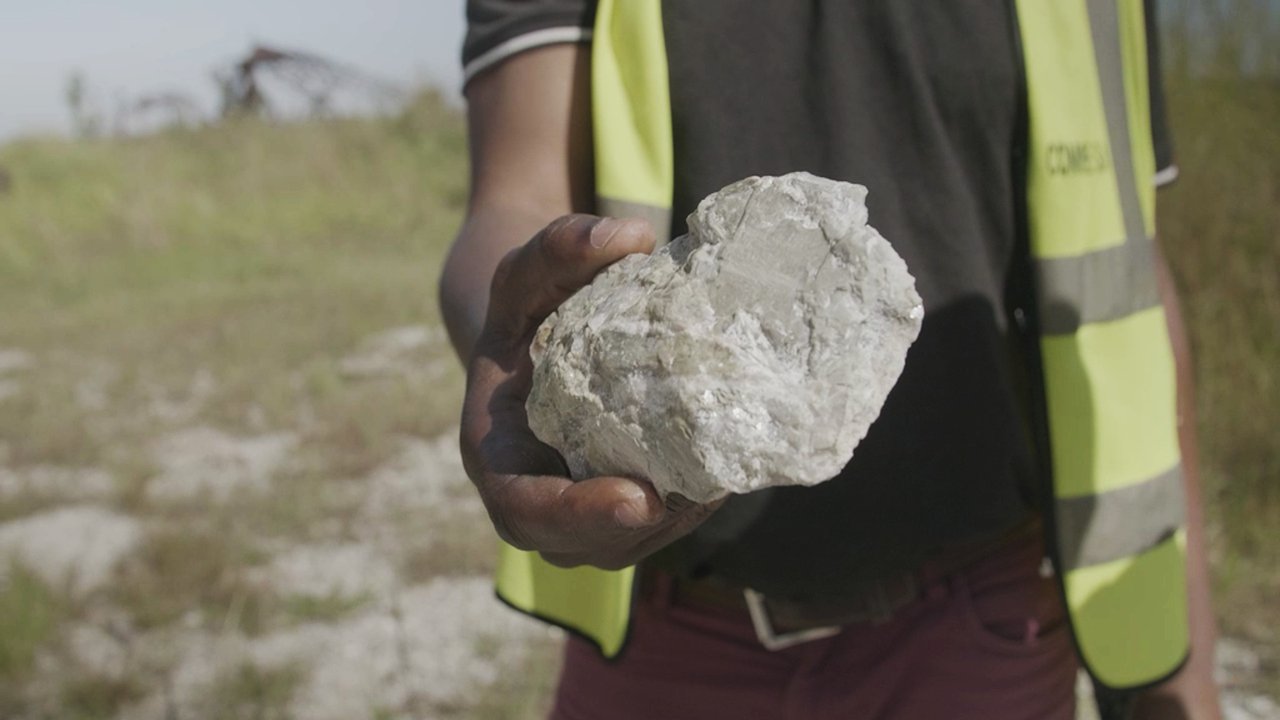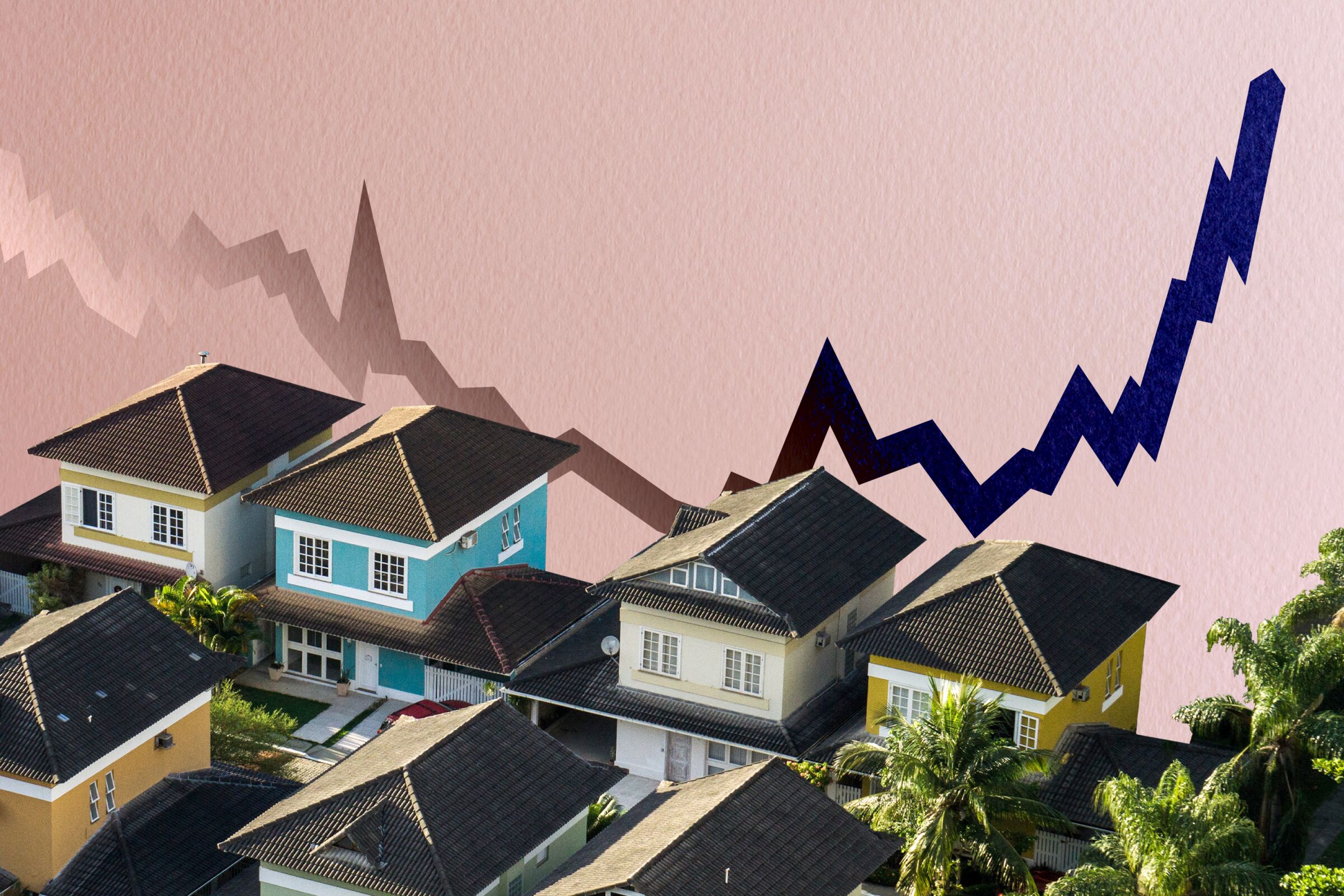In a world dominated by consumerism, more people are turning to minimalist living as a way to regain control over their environment, finances, and mental well-being. This lifestyle, which focuses on downsizing physical possessions and simplifying daily routines, has been shown to enhance quality of life by promoting clarity, intentionality, and a deeper appreciation for what truly matters. Whether it's downsizing your home or decluttering your living space, minimalist living is gaining momentum as a pathway to freedom and balance.
Minimalist living often leads to substantial financial benefits. Downsizing to a smaller home or apartment reduces rent or mortgage costs, utility bills, and maintenance expenses. Additionally, less focus on material possessions means fewer purchases, helping you save money for more meaningful experiences or long-term financial goals.
Minimalists often emphasize buying higher-quality, durable goods over accumulating cheap, disposable items. In the long run, this shift in mindset can lead to more conscious spending, helping individuals break the cycle of consumption.
Living in a clutter-free environment can have a significant impact on mental health. According to studies, clutter can increase levels of cortisol, the stress hormone, making people feel anxious and overwhelmed. Minimalism encourages people to declutter their homes, which leads to a more organized, calming environment that allows for better focus and relaxation.
For example, reducing the number of items in your home minimizes distractions, freeing up mental energy to concentrate on hobbies, relationships, or self-care. A simpler living space can be especially beneficial for those working from home, creating a clean and inspiring workspace.
One of the greatest advantages of minimalist living is the gift of time. By reducing clutter and embracing simplicity, people find they have more time to focus on the things that truly bring them joy—whether that’s spending time with family, pursuing hobbies, or focusing on personal growth.
When you're not constantly maintaining, organizing, or cleaning a large home filled with belongings, your daily routine becomes more streamlined. This extra time allows for a more mindful lifestyle, which can lead to greater fulfillment.
Minimalism can also contribute to a more sustainable lifestyle. With fewer material possessions, there's less waste and reduced demand for production and resources. Many minimalists focus on quality over quantity, opting for sustainable, eco-friendly products and supporting brands that emphasize ethical practices.
Minimalist living also encourages practices such as recycling, repurposing, and donating unused items, all of which contribute to reducing one's environmental footprint.
For those looking to adopt a minimalist lifestyle, here are some practical steps to help you downsize your space:
Declutter in Stages: Start with one area, such as your closet or kitchen, and gradually work through your home. Remove items you haven’t used in the past six months, or those that don’t serve a specific purpose.
Embrace Multi-Functional Furniture: In smaller spaces, furniture that serves more than one function—like a bed with storage drawers or a coffee table that doubles as a desk—can help maximize space.
Digitize When Possible: Reduce paper clutter by going digital. Scan important documents, switch to e-bills, and store photos and files in the cloud rather than keeping physical copies.
Adopt a “One In, One Out” Rule: For every new item you bring into your home, get rid of something else. This simple rule keeps clutter from accumulating over time.
Focus on Experiences, Not Things: Instead of buying physical items, consider spending your money on experiences, such as travel or activities that bring you joy. Experiences often leave longer-lasting satisfaction than material possessions.
Many people who have transitioned to minimalist living report positive, life-changing experiences. Take the example of Joshua Fields Millburn and Ryan Nicodemus, known as “The Minimalists.” Their story began with a desire to escape the corporate rat race and a sense of dissatisfaction with material success. After downsizing their belongings and adopting a minimalist lifestyle, they reported greater happiness, mental clarity, and financial freedom. They now inspire millions through their blog, books, and podcasts, promoting the idea that minimalism is about making room for what matters most.
Another example is Marie Kondo, author of The Life-Changing Magic of Tidying Up, who emphasizes keeping only items that “spark joy.” Her KonMari method has inspired countless individuals to declutter their homes and lives, focusing on keeping possessions that add real value to their day-to-day existence.
In a world that often feels cluttered—both physically and mentally—minimalism offers a chance to slow down and live more intentionally. Downsizing your space is just one aspect of this lifestyle, but it can lead to broader benefits like improved mental health, more time for relationships, and financial freedom.
By letting go of the excess and focusing on what truly matters, minimalist living can lead to a simpler, more fulfilling life. Whether you're downsizing to a smaller home, decluttering your current space, or just simplifying your possessions, the practice of minimalism can improve your quality of life in countless ways.
Check out the book The Life-Changing Magic of Tidying Up by author Marie Kondo -> Click Here
.png)







 English (US) ·
English (US) ·